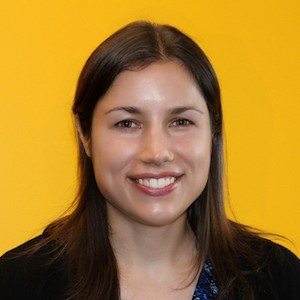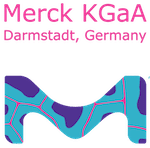An Expanded Definition of Workplace Diversity
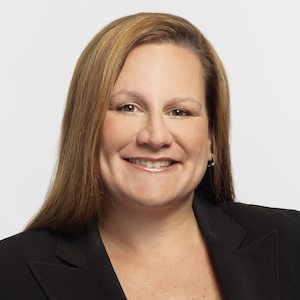
By Renee Connolly, Head of Global Life Science Communications & Corporate Responsibility/Sustainability, Merck KGaA, Darmstadt, Germany
As has been well established, inclusive and diverse cultures are better positioned to adapt, grow and thrive in a changing business environment. After all, “any company’s greatest asset is its people,” says Lisa Walsh, regional controller at EMD Serono, the biopharmaceutical business of Merck KGaA, Darmstadt, Germany.
Diversity is generally defined as people from different cultures and backgrounds, and increasingly includes women specifically in leadership positions. However, at Merck KGaA, Darmstadt, Germany, diversity of mindset and location are important differentiators. In a science- and technology-driven environment, where we need to anticipate and follow opportunities across market regions, these two elements, when combined, facilitate good decision-making. They also ensure that we have the indigenous local perspective along with the strategic “big picture” required of a globally integrated enterprise.
Taking a Chance on Non-traditional Skills
So when we consider potential new employees, we look for diversity beyond age, gender and race, and include people with non-traditional functional knowledge and careers or exposure to different cultures, languages and geographies.
We have found this to be particularly successful across our businesses in healthcare (or biopharmaceuticals), life science and performance materials within Merck KGaA, Darmstadt, Germany. As employees move across industries, they bring unique knowledge and different ways of thinking to break the mold at their new respective business.
“Having worked myself in both the healthcare and life science sectors for Merck KGaA, Darmstadt, Germany, I have gotten great benefit from sharing experiences and expertise across the organization,” says Sarah Holmes-Hackerd, head of HR business partners in life science.
Committing to Helping People Grow
Bringing together people with diverse non-traditional functional knowledge and careers requires a plan that capitalizes on their assets and creates a growth path.
That’s why at Merck KGaA, Darmstadt, Germany, individual development plans (IDPs) are central to the commitment we make to every one of our staff worldwide. We believe it is important to have a customized blueprint of an individual’s career path, accompanied by an inventory of the skills required along the way. IDPs offer a way to ensure the “soft” skills are best utilized and allow all employees to best realize their potential.
“Time spent investing in your own development is time well spent,” says Angela Guarino, general counsel for EMD Performance Materials. “I am proud to work for a company that not only provides the opportunity to learn on the job, but also to learn from others, inside and outside of the company, whose knowledge and experience challenge me to explore new ways of thinking.”
Sometimes the best growth opportunities come from places you don’t expect—and encouraging all types of diversity is often the best way to get there.
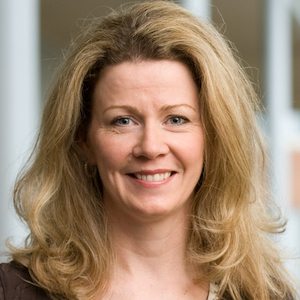
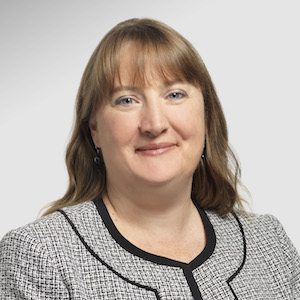
From left: Lisa Walsh, Sarah Holmes-Hackerd and Angela Guarino
Renee Connolly is a MA Conference for Women Board member and will be speaking at the Conference.
Sponsored by
